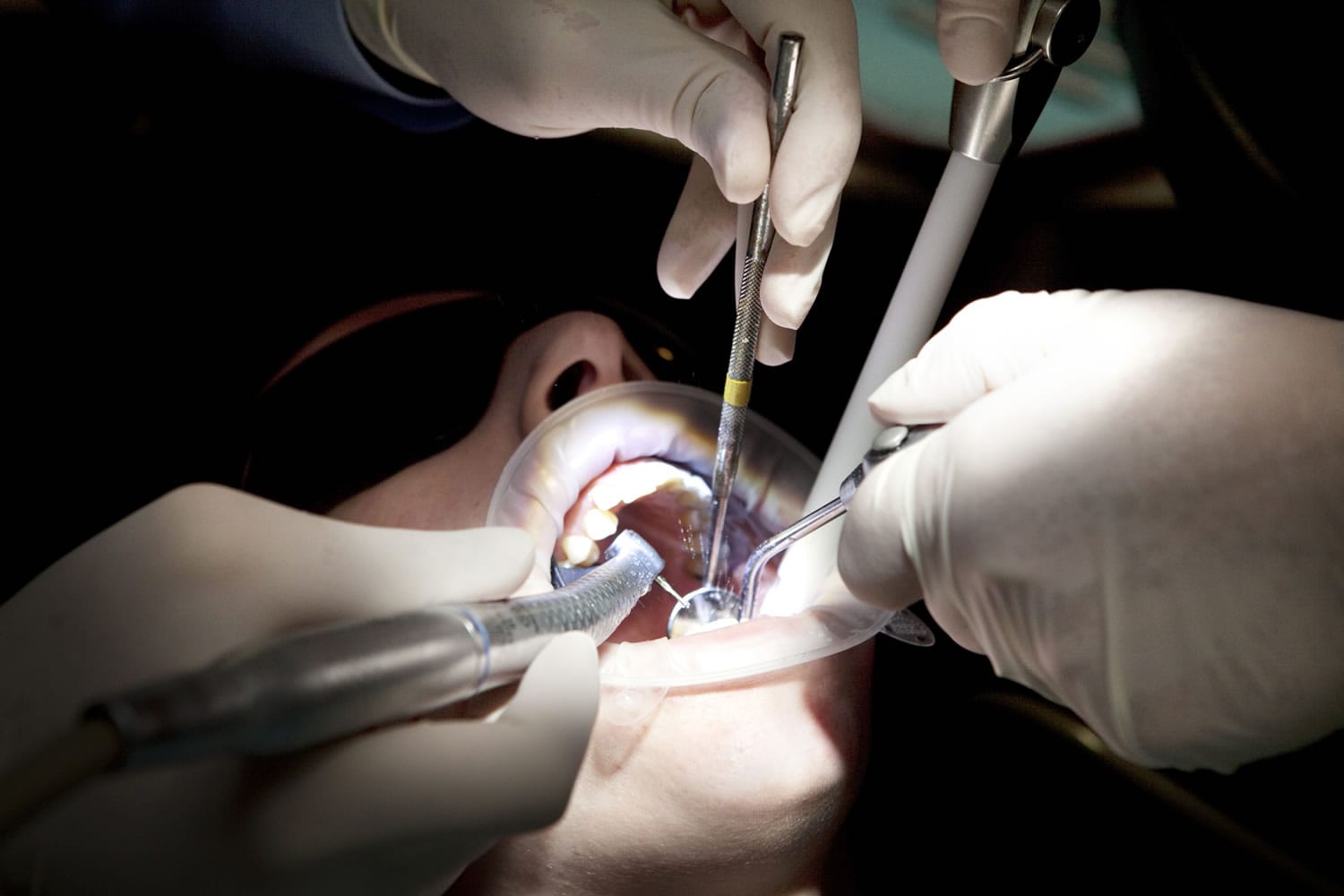The human mouth is home to billions of bacteria.
And if you haven’t brushed your teeth recently, you may have more bacteria living in your mouth than there are people living on Earth.
“The mouth is pretty much the gateway to the body, and it’s full of bacteria,” said Al Watanabe, a dentist at Gentech Dentist in Salmon Creek.
Normal body defenses and daily brushing and flossing keep the bacteria under control, Watanabe said. In addition, most of the bacteria in the mouth is harmless, he said.
But when people aren’t maintaining their oral hygiene, they open themselves up to tissue and gum infections, tooth decay and abscesses, and even life-threatening infections, Watanabe said.




